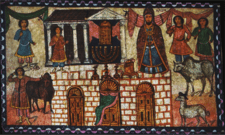
Elisheba, daughter of Amminadab: Midrash and Aggadah
Elisheba is mentioned only a single time in the Torah she-bi-khetav: Lit. "the written Torah." The Bible; the Pentateuch; Tanakh (the Pentateuch, Prophets and Hagiographia)Torah (Ex. 6:23), as the daughter of Amminadab, the sister of Nahshon and the wife of Aaron the High Priest. The Rabbis speak at large concerning her. They note her importance, since her life was bound up with the most distinguished families in Israel: her husband was appointed High Priest, her children were deputy high priests, her brother was nasi (chieftain) of the tribe of Judah and her brother-in-law Moses led the Israelites. The A type of non-halakhic literary activitiy of the Rabbis for interpreting non-legal material according to special principles of interpretation (hermeneutical rules).midrash accordingly applies to Elisheba the verse “And may your house be like the house of Perez whom Tamar bore to Judah” (Ruth 4:12), which was meant to signify that Elisheba, too, was descended from the royal line since she was from the tribe of Judah (Ruth Zuta 4:12). Commenting on Jacob’s blessing to Judah, “You, O Judah, your brothers shall praise” (Gen. 49:8), the Rabbis list Elisheba daughter of Amminadab among the important people and officials that were born to this tribe and call her “the mother of the priesthood” (Gen. Rabbah 97:8).
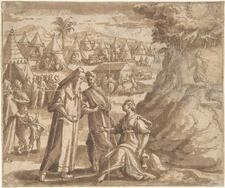
Elisheba: Bible
Elisheba was the wife of the high priest Aaron and the mother of their four sons, but she does not appear in any stories. Mention of her in the genealogy signifies the importance of women in the destiny of their children.
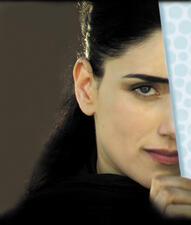
Ronit Elkabetz
Ronit Elkabetz (1963-2016) was one of Israeli cinema's leading actors. Coming from the northern periphery, she played in some of the major Israeli films of the last decades. She is particularly remembered for the trilogy she directed with her brother Shlomi Elkabetz: To Take a Wife (2004), The Seven Days (2009), and Gett: The Trial of Viviane Amsalem (2013), all addressing the issue of the oppression of Mizrahi women in the name of the Jewish religion.
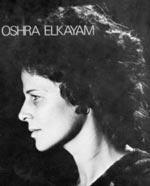
Oshra Elkayam-Ronen
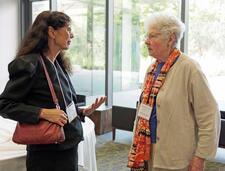
Judith Laikin Elkin
The historian Judith Laikin Elkin Is best known as the founder of the Latin American Jewish Studies Association (LAJSA). She was the author of the foundational text The Jews of Latin America as well as research guides and two memoirs.
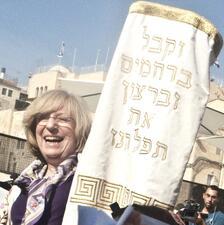
Jacqueline Koch Ellenson
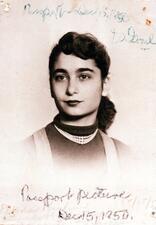
Ellida Geyra
Ellida Geyra was Israel’s first woman film director. She was a choreographer, dancer, and cultural figure best known for the groundbreaking feature Before Tomorrow (1969). Geyra challenged the hegemonic view in Israeli cinema and depicted woman’s passion as a political event
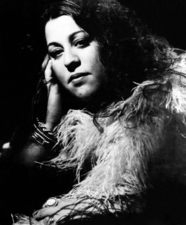
"Mama" Cass Elliot
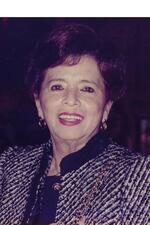
Bruria Benbassat de Elnecavé
Bruria Benbassat de Elnecavé was an ardent activist who dedicated her life to educate Jewish Argentines in general and Jewish Argentine women in particular about Zionism and the State of Israel.
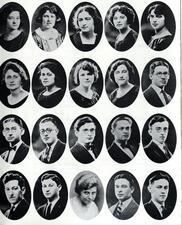
Elsie Chomsky
Elsie Chomsky, one of the many young Jewish educators influenced by reformer Samson Benderly, taught Modern Hebrew and organized arts activities for many years at Gratz College in Philadelphia. She trained and supervised student teachers who taught in local Reform and Conservative Hebrew schools.
Shulamith Reich Elster
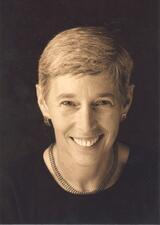
Sue Levi Elwell
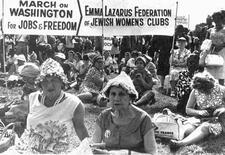
Emma Lazarus Federation of Jewish Women's Clubs
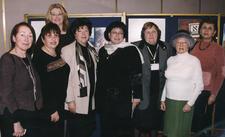
Emunah
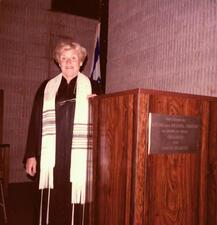
Julie Johanna Engel
Julie Johanna Isner Engel dreamed of becoming a professional opera singer in Germany in the 1930s, but the rise of the Nazis interrupted that dream. Escaping to the United States, she trained her voice in synagogue choirs and local opera performances. In the 1970s, she took a cantorial position at a synagogue in Queens, one of a pioneering generation of women cantors.

Katharine Engel
Katherine Engel helped the massive wave of European Jewish émigrés after World War II resettle and adjust to life in the United States. A renowned emigré expert and Jewish communal leader, Engel was also an outspoken critic of McCarthyism and a tireless advocate of immigration reform.
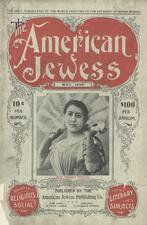
English-Language American Jewish Women’s Magazines, 1895-1945
In the first half of the twentieth century, Jewish women published a wide array of magazines, bulletins, and newsletters, which displayed their skills as writers and editors. These publications served as tools for communication, publicity, and education and provided platforms for the diverse ideologies and perspectives of Jewish women.
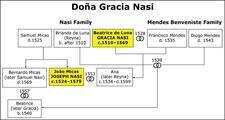
Entrepreneurs: From Antiquity Through the Early Modern Period

Nora Ephron
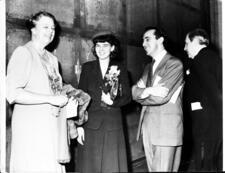
Phoebe Ephron
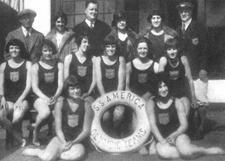
Charlotte Epstein
Charlotte “Eppy” Epstein helped popularize women’s swimming and coached Olympic athletes who broke more than fifty world records. Epstein also started the renowned Women’s Swimming Association of New York, which launched the national and international fame of American women swimmers in the early twentieth century.
Claire Epstein
Claire Epstein is an outstanding example of a spirited woman archaeologist who worked untiringly and out of true love in search of the past in the Land of Israel. She received two important awards for her work: the Israel Museum’s Percia Shimmel Award in Archaeology and the Israel Prize for archaeology.
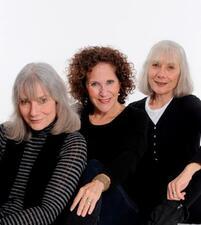
Ilene Epstein
Judith G. Epstein
Equality, Religion and Gender in Israel
Although the principles of equality for women under the Declaration of Independence and the Women’s Equal Rights Law were not endowed with constitutional force, and the 1992 Basic Law: Human Dignity and Liberty does not expressly include the principle of equality, these laws have been interpreted by the courts as securing the principle of gender equality as a basic principle of the legal system.


